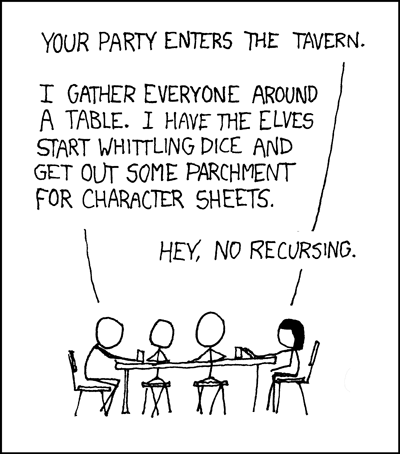Recursion lab
This assigment has several independent exercises that will develop your grasp of recursion, generics, and higher-order functions.
Preliminaries
Save your work in a file called recursionlab.scala.
Start your program with these lines:
import cmpsci220._
import cmpsci220.hw.recursion._The second line imports the types that you will use in this assignment. You’ve
already seen the types List[A] and Option[A] in class. But,
the type Queue[A], which is used in the last set of exercises, is new.
Question 1:
Write the forall function, which returns true if all elements of list satisfy the function:
def forall[A](f: A => Boolean, lst:List[A]): Boolean
test("forall test1") {
def f(n: Int) :Boolean = {
n % 2 == 0
}
val lst = List(2,4,6,8,12)
assert(forall(f, lst))
}
test("forall test2") {
def f(n: String) :Boolean = {
n.length % 2 == 0
}
val lst = List("hello!","Good")
assert(forall(f, lst))
}Question 2:
Write the findlast function, which returns the last element of a list that returns true for a function:
def findlast[A] (f: A => Boolean, lst : List[A]) : Option[A]
test("findlast test1") {
def f(n:Int): Boolean = {
n % 2 == 0
}
val lst = List(200, 100)
assert(findlast(f, lst) == Some(100))
}
test("findlast test2") {
def f(n:String): Boolean = {
n.length % 2 == 0
}
val lst = List("Welcome","Hey!","Goodbye","Goodbye!")
assert(findlast(f, lst) == Some("Goodbye!"))
}Hint: You can write findlast as a recursive call. This recursive call can be unconditional too
